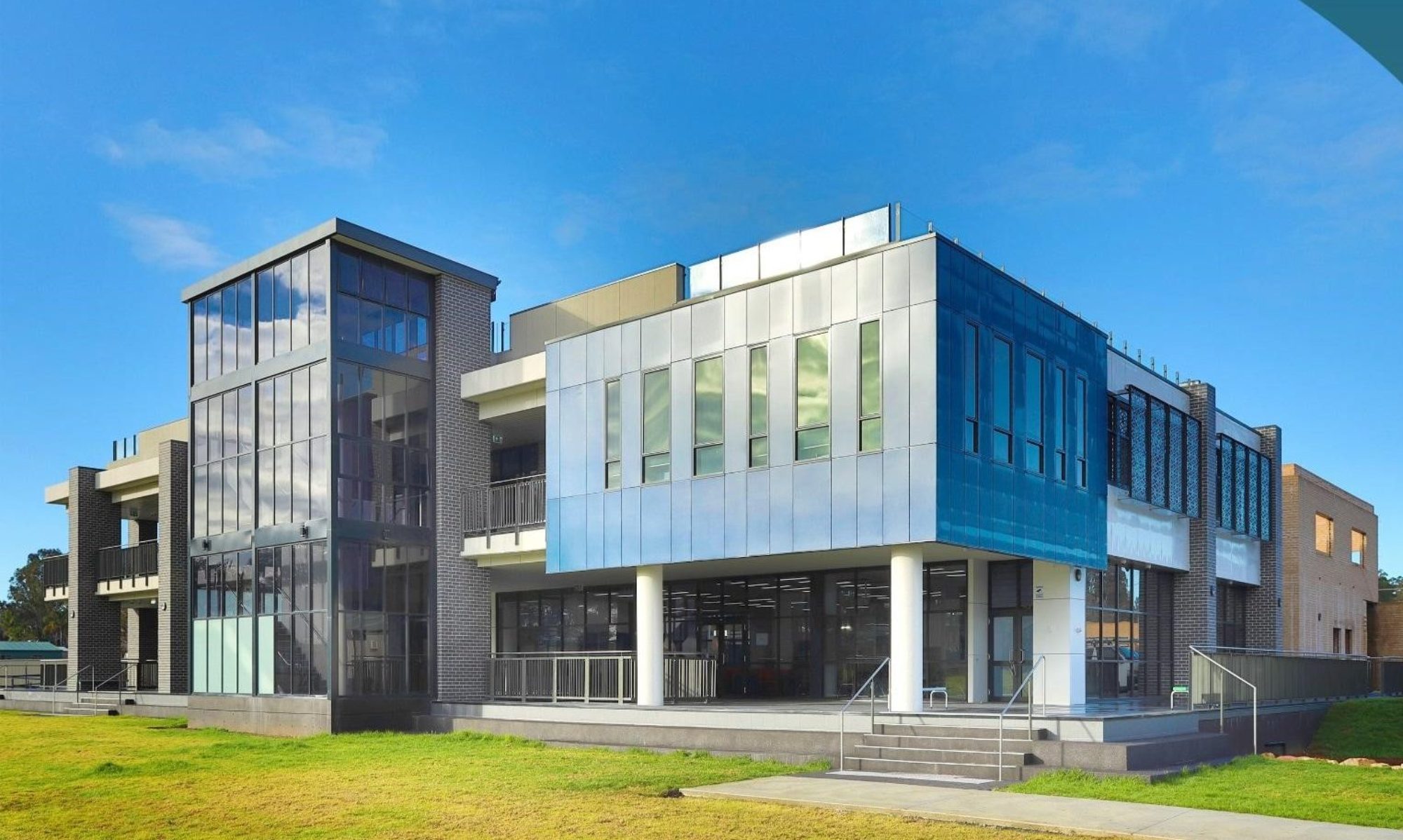Bellfield College requires Students to bring a device that meets the College academic requirements. This can be new or used, provided it is a suitable device.
What makes a device suitable?
- Computing performance enough to complete written and multimedia tasks.
- Built in physical keyboard.
- Good battery life.
- Light weight and portable.
- A repair strategy such as warranty and/or insurance policy or a ‘spare’ device that is available if the primary one breaks.
What devices are unsuitable?
There’s a lot of different devices out there, and whilst there’s a device fit for every purpose, there are many that simply don’t work well within an education environment.
An iPad, iPhone, netbook (a tiny laptop), Chromebook, Microsoft Surface RT, Surface Pro X, or any Android tablet are not suitable. These devices have limitations which cannot be overcome and won’t allow for certain tasks or applications.
NOTE: In 2019 the new Microsoft ‘Surface Pro X’ was released which uses a special technique to emulate desktop applications on a tablet-based CPU. It is still a new product and there may be compatibility issues running software required by the College. As such is not a recommended device.
So what devices are suitable?
The ideal primary device will most often be a laptop. Some devices that meet requirements and are commonly used by students are.
- Lenovo ThinkPad /Yoga
- Microsoft Surface Pro / Surface Laptop
- Apple MacBook / MacBook Pro
- There are many other brands and models that are ideal, provided they meet the minimum specifications.
When choosing a device to use, the below specifications show both minimum and recommended specifications.
Minimum Specifications
Devices with the minimum specifications will allow for most tasks to be completed, including documents and web content, but it will struggle to complete multimedia projects such as image or video editing. Multi-tasking with multiple programs opens concurrently will result in slower performance.
- Operating System: Windows 10 / macOS 10.15
- CPU: Intel Core i3
- RAM: 8GB
- Storage: 256GB Solid State Drive (SSD) or Conventional HDD
- Screen Size: ~13″
- Battery Life: 6+ hours
- Wireless: Must support 5Ghz
- Weight: <2kg
Recommended Specifications
These specifications include more memory, storage and CPU power allowing the device to operate faster and manage higher workloads before experiencing performance limits. Whilst it is possible to get faster machines, this specification represents a good balance between performance and cost.
- Operating System: Windows 10 / macOS 10.15
- CPU: Intel Core i5 / i7
- RAM: 16GB+
- Storage: 512GB Solid State Drive (SSD)
- Screen Size: ~13″
- Battery Life: 8+ hours
- Wireless: Must support 5Ghz
- Weight: <1.5kg
When choosing a device, consider four predominant factors that determine practicality and suitability:
1. Performance
A measure of the processing power, memory and storage capacity. The higher the better making it easier to create, edit and save work and projects.
2. Battery life
An ideal battery life would provide at least 8+ hours of continuous real-world usage, not necessitating a recharge during class. The College discourages students from bringing power chargers on campus. These can get lost or damaged and present trip hazards.
3. Size and Weight
Being compact and lightweight are important factors when using and carrying the device around all day every day. As a yardstick, a MacBook Air and many Windows Ultrabook’s weigh 1.35kg.
4. System familiarity
Windows or MacOS are both good operating systems but often people find themselves more productive using one or the other. This can also be influenced by subject selection, e.g. a touchscreen that supports a digital pen might be useful for elective art, or macOS has easy to use video editing tools built in.
A quick word on Gaming Laptops
Gaming laptops are devices that have a powerful video processor built in. These laptops are designed predominantly to play video games with a bonus that the video processors are much faster than a regular laptop with multimedia applications such as video encoding and editing, making editing and rendering much faster.
While that sounds great, the issue is that powerful video processors generate a lot of heat, which requires bigger and more powerful cooling systems, which require a bigger laptop frame, fans and components as well as using significantly more battery power. As such gaming laptops are not designed to be highly portable and do not have good battery life as the laptop is designed to be used on a desk and always plugged into a power socket.
Gaming laptops are not ideal student devices.
I need to buy a device
If you need to buy a device keep in mind that there are many options available. New, refurbished or second-hand devices can be purchased, provided they meet the minimum requirements.
That said, it’s typically best to buy the newest and most capable device you can afford. The device should last at least three years, so viewing a new purchase as a long-term education investment may help frame whether it is worth spending a bit more.
Whether or not you already have spare device or if it’s a new purchase, it is highly recommended that your child/ren are part of the selection process as they will be the one to rely on this device for many years. It will be carried to School and used every day.
Before buying it is wise to do some research. Online tech reviews can be particularly helpful, particularly reputable tech reviewers on YouTube. When researching be sure to specifically look for negative reviews that can offer different perspectives.
Click here if you will be using an existing device

